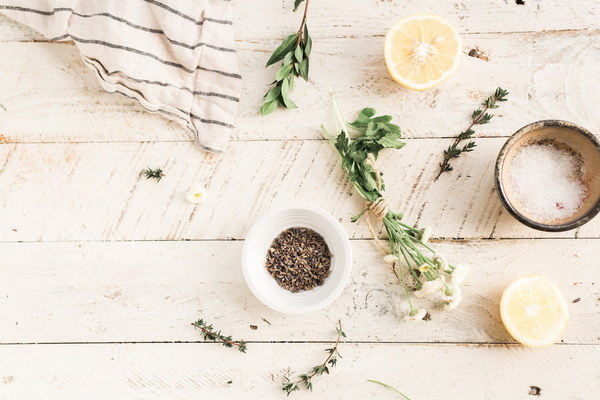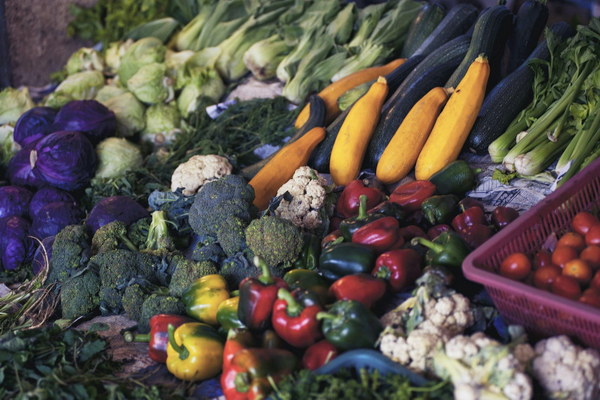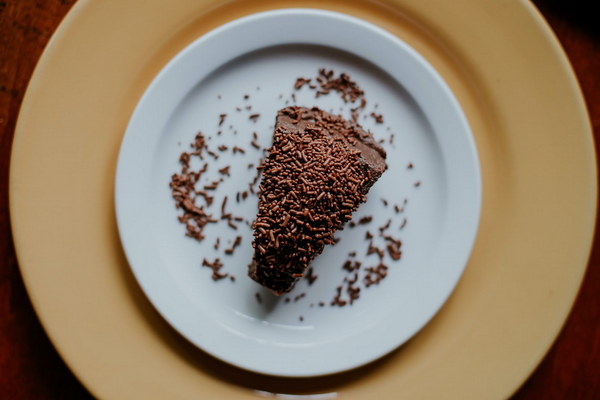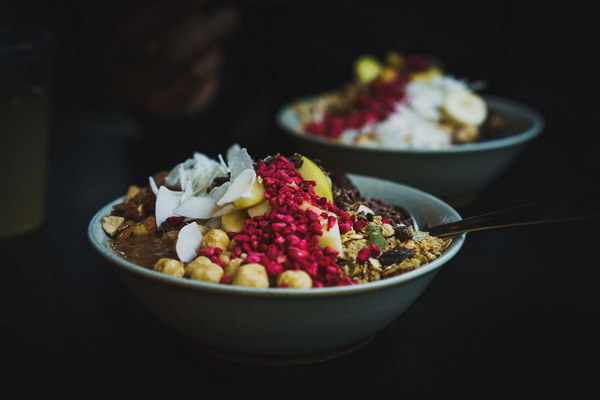Nurturing Your Lungs PostGastritis Recovery A Guide to PostInflammatory Care
Gastritis, a condition characterized by inflammation of the stomach lining, can be quite distressing. While recovery from gastritis is a significant step towards better health, it's equally important to focus on post-inflammatory care, especially for the lungs. The lungs and the stomach are closely connected in the body's intricate system, and maintaining their health can prevent further complications. Here's a guide on how to nurture your lungs post-gastritis recovery.
1. Increase Fluid Intake
One of the most effective ways to support lung health post-gastritis recovery is to increase your fluid intake. Adequate hydration helps thin the mucus in the lungs, making it easier to expel. Aim for at least 8-10 glasses of water per day, and consider incorporating herbal teas, broths, and other fluids rich in antioxidants and vitamins.
2. Quit Smoking and Avoid Secondhand Smoke

Smoking is a leading cause of lung disease, and quitting is crucial for post-gastritis recovery. Additionally, secondhand smoke can exacerbate lung inflammation and increase the risk of respiratory infections. If you're not a smoker, ensure that you're not exposed to secondhand smoke in your daily environment.
3. Practice Deep Breathing Exercises
Deep breathing exercises, such as pranayama and diaphragmatic breathing, can help improve lung capacity and reduce inflammation. These exercises encourage the diaphragm to contract and expand more efficiently, leading to better oxygenation of the lungs. Incorporate these exercises into your daily routine for optimal lung health.
4. Strengthen Your Immune System
A robust immune system is crucial for protecting your lungs from infections and inflammation. Focus on a balanced diet rich in fruits, vegetables, whole grains, and lean proteins. Include foods high in vitamin C, vitamin D, and antioxidants, such as oranges, kale, spinach, and berries, to boost your immune response.
5. Manage Stress
Chronic stress can weaken the immune system and exacerbate lung inflammation. Practice stress-reducing techniques such as yoga, meditation, and mindfulness to maintain a balanced mental state. Regular exercise, such as walking or cycling, can also help manage stress levels.
6. Get Regular Check-ups
Regular check-ups with your healthcare provider are essential for monitoring your lung health post-gastritis recovery. Share any concerns or symptoms you experience with your doctor, and don't hesitate to seek medical advice if you notice changes in your breathing or respiratory function.
7. Avoid Exposure to Allergens and Air Pollutants
Allergens and air pollutants can irritate the lungs and exacerbate inflammation. Minimize your exposure to these triggers by keeping your living and working environments clean, using air purifiers, and avoiding outdoor activities during high pollution levels.
8. Maintain a Healthy Weight
Being overweight can increase the risk of respiratory problems, including inflammation and infections. Aim to maintain a healthy weight through a balanced diet and regular exercise. Consult with a healthcare professional if you need guidance on weight management.
9. Engage in Gentle Physical Activity
Engaging in gentle physical activity, such as walking, swimming, or cycling, can help improve lung function and reduce inflammation. Start with low-intensity exercises and gradually increase the intensity as your body becomes stronger.
10. Seek Professional Help if Needed
If you experience persistent respiratory symptoms or difficulties post-gastritis recovery, don't hesitate to seek professional help. Pulmonologists and respiratory therapists can provide personalized guidance and treatment options to support your lung health.
In conclusion, nurturing your lungs post-gastritis recovery is essential for maintaining overall health and preventing further complications. By increasing fluid intake, quitting smoking, practicing deep breathing exercises, strengthening your immune system, managing stress, getting regular check-ups, avoiding allergens and air pollutants, maintaining a healthy weight, engaging in gentle physical activity, and seeking professional help if needed, you can help ensure a smooth recovery and long-term lung health.









